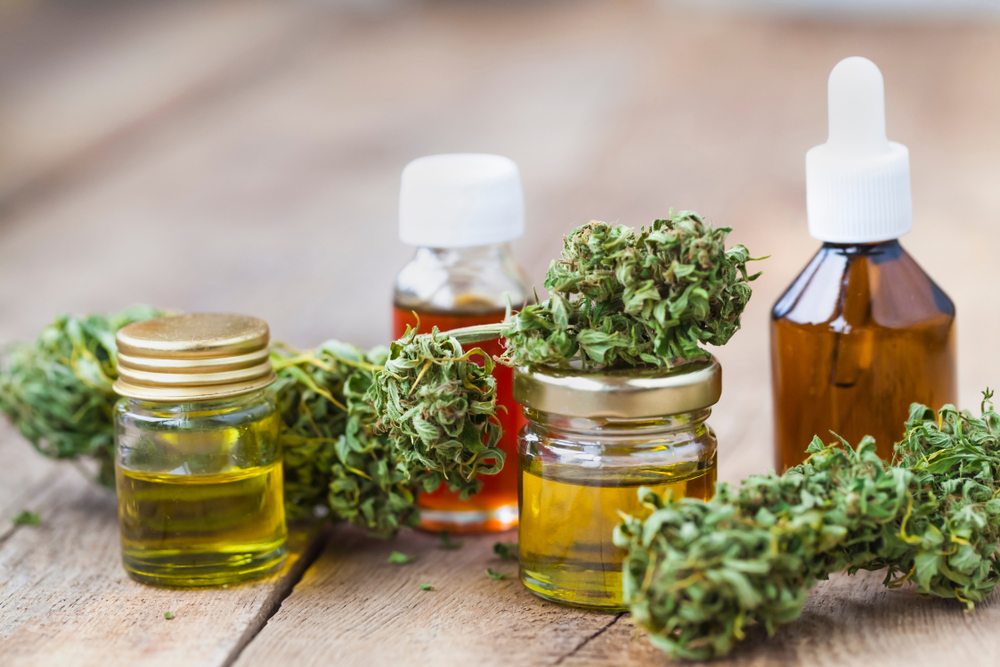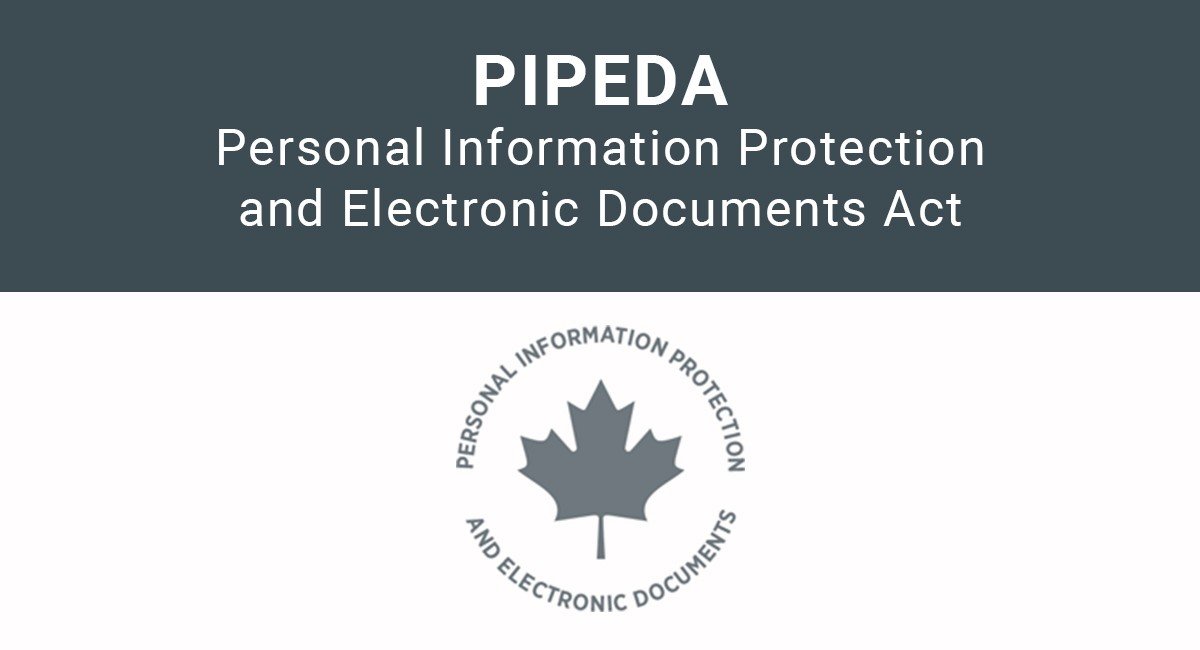No matter where you go or what you do, you probably hear someone talking about medical cannabis. Since becoming legal in Canada, it’s a topic that either excites or confuses people because they don’t know much about the positive effects of cannabis. Though more studies need to be done to fully understand how medical marijuana can help with certain medical conditions and mental disorders, its benefits are surprising many doctors and patients alike.
What Are THC And CBD?
Before you start taking medical marijuana, it’s important to understand the difference between the two strains and the effects it can have on your body.
Tetrahydrocannabinol (THC) is the main compound found in the cannabis plant that gives users a “high” sensation. It’s mainly consumed by smoking, but it can still be made into oils, capsules/gels, edibles, and more. It acts very similarly as the cannabinoid chemicals naturally made in our bodies that control how we think, feel and act like our memory, feeling pleasure, our coordination, etc.
THC will stimulate cells in our brain to release dopamine and, therefore, gives us that “high” and interferes with how we process information like pain or severe nausea. Though this can affect everyone differently, normally the effects will kick in ten to 30 minutes after consumption and lasts for approximately two hours.
Risks:
There are some risks that studies have associated with THC such as triggering a schizophrenic relapse or actually increasing anxiety symptoms because of the hallucination effects THC’s high can cause. It can also have a negative long-term effect on memory, identifying emotions as well as an increase in reaction time, especially in teens.
Cannabidiol (CBD) is known for its therapeutic properties and is a compound extracted from the hemp plant. It does not give you a “high”, unlike THC. You may have also seen CBD as an ingredient in shampoos and conditioners, body creams and other beauty products because of its moisturizing benefits. Though each person will require a different dosage, it aids our symptoms in similar ways.
When consumed, CBD will attach to the cannabinoid receptors in our bodies called CB1 and CB2 receptors. CB1 receptors in our brain handle how we move or feel pain, emotions, hunger, etc. CB2 receptors are found more in the immune system and play a role in pain and inflammation. As the compounds in CBD attach to these receptors, they can relieve pain, reduce anxiety, and even fight against cancer.
Risks:
There aren’t as many risks with CBD as there are with THC. The most common side effects may include a decreased appetite, feeling fatigued and diarrhea. It may also negatively react with other prescription medications, specifically blood thinners and sedatives. The higher your CBD dosage, the more likely it is to react with other prescription drugs.
FDA-Approved Prescribed Medicinal Cannabis Medicine
There are a few FDA-approved prescription drugs.*
- Epidiolex
Epidiolex treats seizures caused by two forms of epilepsy – Lennox-Gastaut Syndrome and Dravet Syndrome. CBD is one of the main ingredients and has been known to reduce the number of seizures by approximately 20-26% and yes, it is safe for children. Epidiolex is one of the first FDA-approved drugs with CBD oil. Common side effects may include feeling fatigued or weak, loss of appetite or diarrhea, but they should disappear within a few days. - Marinol
This is typically administered to those undergoing chemotherapy and, in turn, experiencing unpleasant feelings of nausea and vomiting. Marinol contains THC. As your body gets used to the medication, it’s fairly common to feel more drowsy, dizzy, or nauseous, but these side effects should only last a few days. This prescribed drug can help improve weight loss by increasing your appetite and reducing the need to vomit. - Syndros
This prescription drug also contains THC and is used to treat patients struggling with anorexia and weight loss. It can control nausea and vomiting and increase appetite. This is typically prescribed after your doctor has determined other medications aren’t working for you. - Cesamet
Cesamet is another drug prescribed to patients undergoing chemotherapy but who are experiencing more severe nausea and vomiting. It can be taken one to three hours before chemotherapy treatment. It may also be prescribed to patients with chronic pain associated with multiple sclerosis.
*It’s important to note that the FDA does not approve of marketing cannabis as a treatment for any condition (as of yet). The above-approved prescriptions should only be prescribed by a healthcare provider and have been carefully evaluated for safety, quality and efficiency.
Why People Turn To Medical Cannabis Instead Of Opioids
Opioid hospitalizations are increasing. In fact, in 2017, 17 Canadians were hospitalized every day for opioid poisonings and an estimated 3,996 Canadians died from opioid overdose. In 2018, this number rose to 4,460. Opioids are pain relievers and act like morphine, such as oxycodone and fentanyl. Anyone who is prescribed opioids are at risk of developing an addiction, particularly if addiction runs in your family. Other factors contributing to opioid addiction include psychological and environmental aspects.
Since opioids are pain relievers, they trigger the release of endorphins which boost a feeling of pleasure, but when that feeling of pleasure starts wearing off you crave that feeling again. There are also those who develop a high tolerance to opioids so they want to increase their dosage which many doctors don’t like doing. In turn, the patient may begin looking for illegal ways to obtain opioids.
Suffering from chronic pain decreases your quality of life, but long-term opioid use isn’t as effective as you may think. That’s why many people are turning to THC and CBD oil instead. CBD oil is not addictive, in fact, it can even help cure substance abuse and addiction.
The Benefits Of Medical Cannabis
Medical cannabis can be used for many medical conditions and mental disorders. Although more studies need to be done to further prove the effects of cannabis, many people turn to marijuana to relieve symptoms associated with their illness, including:
- ADHD
Attention Deficit Hyperactivity Disorder is most commonly diagnosed in children aged four to 11. Though it can be outgrown, there’s no definite cure and symptoms can extend into adulthood which can make work and personal relationships hard. Prescriptions like Ritalin or Concerta don’t work for everyone and often leave patients feeling drowsy or nauseous. Medical marijuana, when interacted with the CB1 and CB2 cell receptors mentioned above, can drastically improve your attention span, mood, behaviour and overall productivity. - Anxiety
Did you know that one in three Canadians, 15 and older, will have some form of anxiety in their lifetime? That’s a large number of the population and many don’t do anything about it. More studies need to be done on how medical marijuana relieves feelings of anxiety, but when the serotonin levels in your body are low, medical marijuana can increase the levels to a healthier state and overall improve your mood, relaxation, motivation, and even creativity. Serotonin is a neurotransmitter that contributes to our sense of well-being and when low levels are reached, evidence suggests this can be linked to depression, anxiety, insomnia and more. - Bipolar Disorder
Bipolar disorder can be passed down through genetics or after experiencing a traumatic event. Those diagnosed will experience cycles. These cycles could mean a couple of weeks feeling depressed and down on themselves to feeling happy or more energized shortly after. When medical marijuana comes into play, it can help keep serotonin levels balanced to improve one’s mood and other common bipolar symptoms. - Chronic Pain
Pain that lasts for more than 12 weeks is considered chronic pain. Sometimes it can last for years and negatively affects your quality of life and your day-to-day routine. Even if you’ve “healed”, the pain sensors are still sending signals to your brain telling it you’re hurt. Medical marijuana will ultimately tell these pain sensors to calm down and relieve your pain and reduce inflammation.A study was done at McGill University in Montreal on participants with chronic pain who found therapy methods weren’t working for them. They reported, after using medical cannabis, their pain was reduced, their sleep quality and anxiety improved, and their pain was well managed. - HIV/AIDS
Did you know that one in five Canadians with HIV don’t even know they have it? Though there is currently no known cure, there are ways to control HIV and prevent it from turning into AIDS. CD4 cells are white blood cells that play an essential role in our immune systems. When one is diagnosed with HIV, their CD4 is lacking and, therefore, aren’t protecting the immune system against infections as they normally would. Medical marijuana, however, can help keep CD4 at a stable level and improve immune system functions. The earlier you treat HIV, the less likely it will lead to AIDS. - Migraines
A migraine is quite a bit different than just a headache. The more severe a migraine becomes, the more likely the sufferer will feel nauseous, have a sensitivity to light and even temporary vision loss. The University of Colorado Anschutz Medical Campus conducted an experiment on students with migraines over the course of four years who regularly took CBD oil. Whether they inhaled it, consumed an edible or oil, they concluded it had significantly reduced their symptoms. - Schizophrenia
The cause of schizophrenia is still largely unknown, but medical experts know it starts in the brain and those diagnosed experience a change in their dopamine and serotonin levels. Unfortunately, there is no cure, but there are ways to decrease symptoms such as difficulty paying attention, hallucinating, anxiety, and more. One of those ways is medical marijuana. CBD oil can level out dopamine and serotonin levels without causing side effects that other pharmaceuticals may cause. A university study was done in London, England at the Institute of Psychiatry, Psychology and Neuroscience on 88 schizophrenic patients who were treated with CBD over the course of six weeks. They claimed their symptoms drastically improved, particularly their hallucinations.
Medical Cannabis Eases A Variety Of Symptoms

There are endless medical conditions and mental illnesses in which medical cannabis can improve symptoms. Other common conditions associated with medical marijuana use include:
- Arthritis
- Autism
- Autoimmune Disease
- Cancer
- Chronic Fatigue
- Depression
- Epilepsy
- Fibromyalgia
- Inflammation
- Inflammatory Bowel Disease
- Lower Back Pain
- Menstrual Pain (PMS)
- Multiple Sclerosis (MS)
- Nausea
- Nerve Damage
- Parkinson’s Disease
- Pediatric Care patients
- PTSD
- Sleep Disorder
- Stress
Ask Your Doctor About Medical Cannabis Today
Sometimes pharmaceuticals aren’t enough to treat your symptoms. It’s time to find something that actually works. Now that you understand more about the benefits of medical cannabis on the mind and body and what conditions it can be used for, ask your doctor about what the right dosage for you would be. You don’t have to worry about smoking it or getting high, but rather just overall enjoy the therapeutic properties and increase your quality of life.















Recent Comments